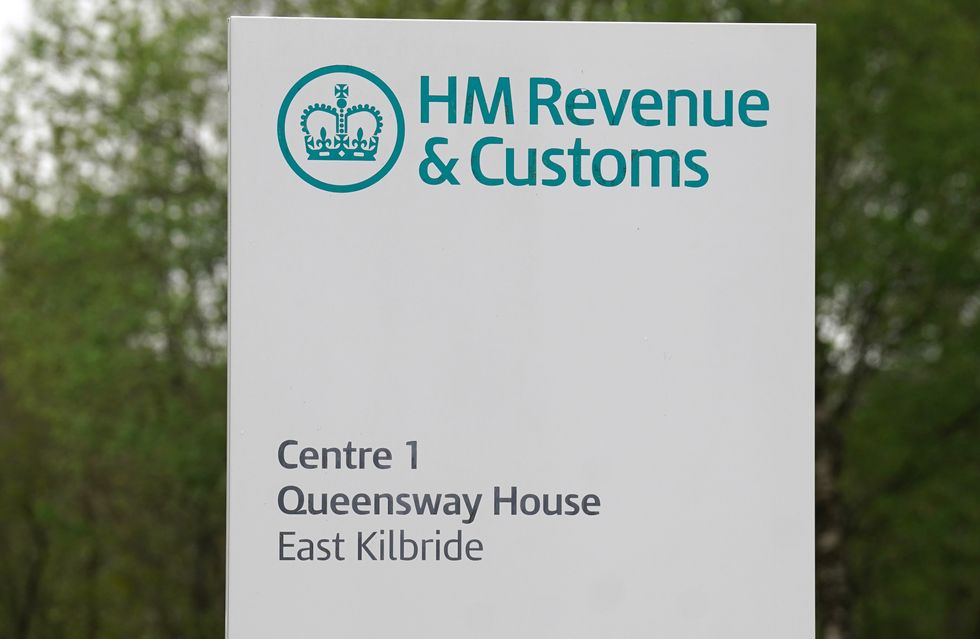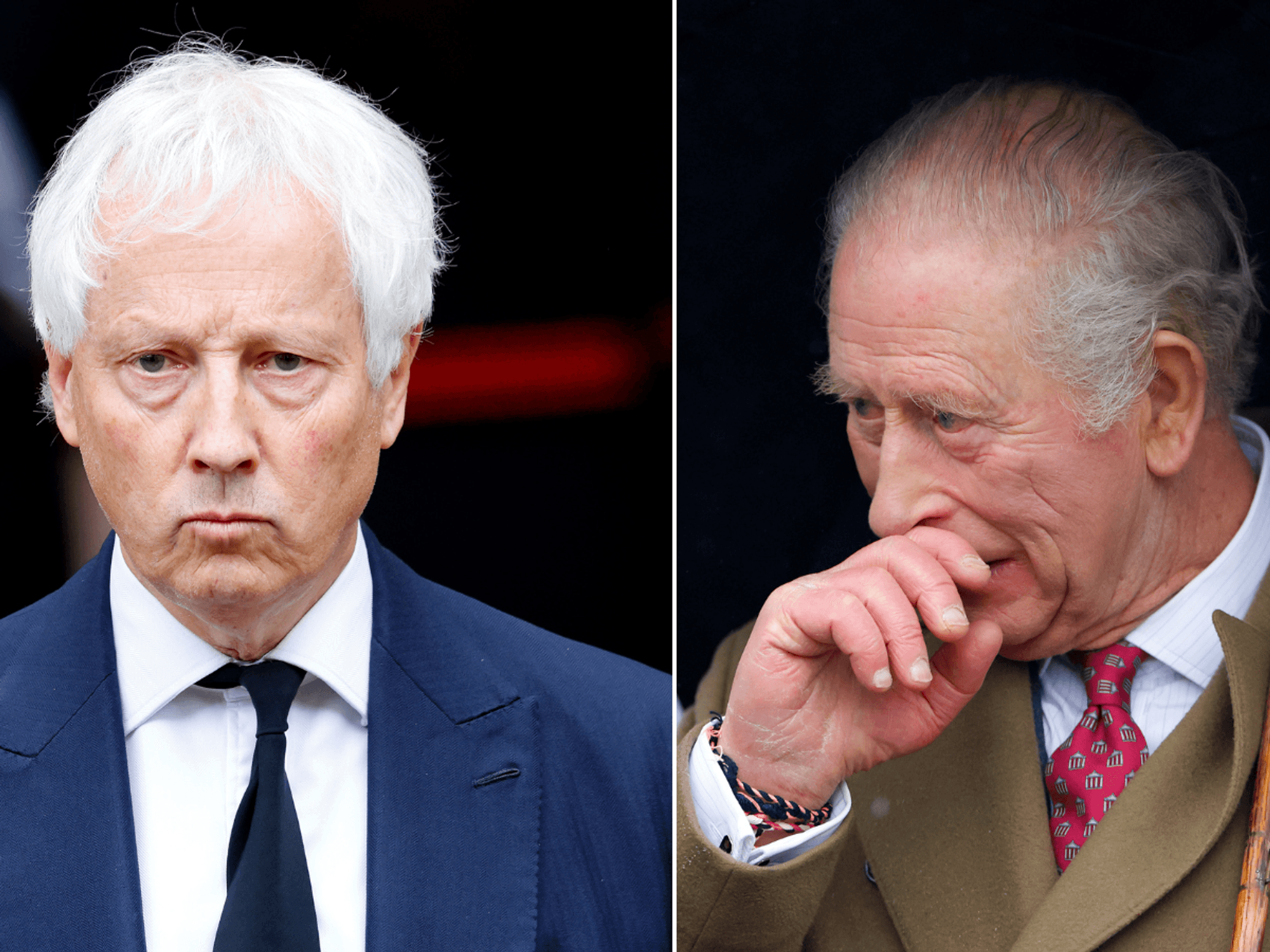HMRC 'leaves no stone unturned' in tax crackdown as they collect over £105m in underpaid inheritance tax

This marks the fourth consecutive record-breaking year for inheritance tax collection
Don't Miss
Most Read
Latest
Thousands more grieving families are facing investigations into their inheritance tax liabilities as HMRC intensifies its clampdown on underpayments.
The surge in investigations comes as part of a broader effort by the taxman to ensure compliance with inheritance tax regulations.
The tax authority launched 3,961 investigations in the 12 months to April 5, marking a significant 31 per cent increase compared to the previous tax year.
HMRC has vowed to leave "no stone unturned" in its pursuit of revenue, according to data revealed through a Freedom of Information request.
Nearly 10,000 investigations into families have been opened in the past three years, with 2,606 of these still ongoing. The tax authority's efforts have yielded substantial returns, with HMRC pocketing £8.2bn from death duties last year.
Between April and August last year alone, the tax authority earned more than £105m of inheritance tax through compliance checks, according to wealth manager Evelyn Partners. The main trigger for investigations has been concerns around the valuations of assets in an estate.

Thousands more grieving families are facing investigations into their inheritance tax liabilities
| GETTYHMRC explains the possible outcomes of compliance checks on tax returns.
If no issues are found during the check, it will be concluded promptly. However, if the check reveals an overpayment of tax, HMRC will issue a repayment, including any interest due. In cases of underpayment, individuals will need to repay the outstanding tax, with interest and potential penalties applied.
If underpayment is identified, HMRC may issue an assessment or amend the return to collect the unpaid tax. Should there be any disagreement with HMRC’s findings during the checks, individuals can apply for Alternative Dispute Resolution (ADR).
If tax is owed but immediate payment is not possible, HMRC offers the opportunity to discuss affordable payment arrangements.
Sean McCann, of NFU Mutual, who submitted the information request, said: "Where there is a suspicion that inheritance tax has been underpaid through error, omission, or undervaluing assets, HMRC has substantial investigatory powers and will check a range of sources to build a picture of the deceased individual's financial affairs."

In the autumn Budget, Rachel Reeves announced that private pensions would be considered part of a person's estate, and therefore liable for inheritance tax from 2027.
| PAHe added: "HMRC leaves no stone unturned in these investigations. The interest rate you pay on overdue inheritance tax stands at 8.5 per cent which is the highest rate for 18 years, and can add a significant amount to the bill."
This can compound what for many is already a challenging and distressing situation. Executors often struggle to answer all the questions HMRC asks, and locating necessary documents can be time-consuming.
In the autumn Budget, Rachel Reeves announced that private pensions would be considered part of a person's estate, and therefore liable for inheritance tax from 2027.
This change will increase the number of estates liable for death duties by almost a quarter, according to analysis by Rathbones.
Campaigners have criticised the Chancellor for the "cruel" blow to bereaved families that will "wreak havoc on finances".
The change will only impact those with defined contribution pensions, where individuals build up a pension pot to spend during retirement. Final salary pensions won't be affected by the new rules.
Even modest earners could be pushed into paying inheritance tax for the first time under these changes.
A HMRC spokesman said: “The majority of people pay the correct amount of inheritance tax. In cases where it is suspected someone has not, investigations can be opened to address issues and ensure the system remains fair."
Between 2014 and 2020, the number of cases closed for inheritance tax regularly reached 5,000.
How to reduce your inheritance tax bill
With inheritance tax bills increasing, giving gifts to loved ones during your lifetime is one of the simplest ways to reduce your liability.
Individuals can give away up to £3,000 each tax year under the annual gift allowance, which will not be included in their estate for inheritance tax purposes.

Individuals can give away up to £3,000 each tax year under the annual gift allowance,
| PA / GETTYAdditionally, multiple smaller gifts of up to £250 can be given to different people each year, provided no other allowances are used for the same recipient.
When relatives marry, extra tax-free gifts can be made: £5,000 to children, £2,500 to grandchildren, and £1,000 to others. These gifts remain free from inheritance tax, even if the giver passes away within seven years.
In addition, Britons can gift out of surplus income, which can significantly reduce inheritance tax liability. This allows people to give away money from their regular surplus income without inheritance tax implications.
Ian Dyall of Evelyn Partners explains: "This must be treated with care as it is bound by tight rules and needs to be well recorded."
Careful record-keeping is essential to prove the gifts came from surplus income. Having a tax-efficient will is also crucial, yet more than half (53 per cent) of UK adults aged 50-64 don't have one.











